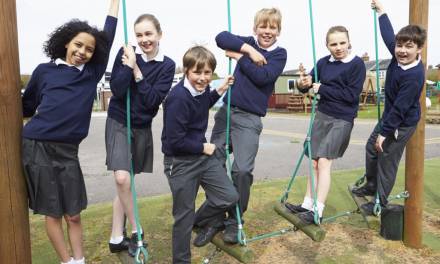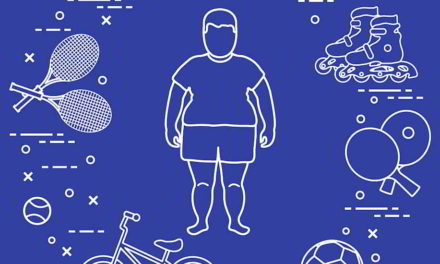Who said that school games had to involve tech to engage little hands? Or that outdoor tasks needed to be complex to help develop things such as coordination, inquisitively or agility?
Here we’ve put together five classic ideas for playground activities that need minimal equipment for maximum fun and skill development.
A nature scavenger hunt
Make mini adventurers of them with this scavenger game. All you’ll need is some printed lists and a way of teaming the little ones up.
Your list could look a little like this…
1. Two types of seed
2. Two pieces of litter
3. Something super smooth
4. A large, bright leaf
5. Something hard
6. A funny shaped stick
7. Something big and round
8. A lovely looking rock
9. Something rough
10. Something natural that’s beautiful
11. A pinecone
12. Something fuzzy
Time: 30 Minutes
Skills: Teamwork, logic
Equipment: Printouts
Number of pupils in groups: 2+
Farmer, farmer may we cross your golden river?
One player acts as the farmer, while the remaining players stand in a line around 10 meters back from the farmer. An area is marked out to represent the river between the players and ‘home’.
The line of children shout “Farmer, farmer, may we cross your golden river?”, the farmer then choosers a colour and shouts back, “You can’t cross the river unless you are wearing blue” (or whatever colour they choose).
The farmer then counts to five whilst those wearing the colour move to ‘home’ (the safe zone); after five seconds the farmer will attempt to catch a child from those that remain (those that make it home will be temporarily safe). The child who’s caught helps the farmer choose the next colour, and the game goes on until the final child is caught.
Time: 20 Minutes
Skills: Physical exercise, coordination, teamwork
Equipment: Nothing
Number of players: 6+
Fill the leaking container
Working in teams the children must try to fill a leaking dustbin with a leaking bucket within a set amount of time. At the end of the time (e.g five minutes) the water content of the dustbins will be measured. Provide 5 minutes thinking and talking time at the start of the game.
The holes in the dustbin should be positioned so that outspread fingers can plug the holes.
Time: 30 Minutes
Skills: Cooperation, teamwork, physical activity, working under pressure
Equipment: large plastic container with holes in (such as a bucket) and an extra-large container also with holes in (such as a dustbin)
Number of players: 6+ in teams with 6 or 7 players
Grandmother’s footsteps
Players will start out in the designated home area, while a player who plays Grandmother stands with their back to them around ten meters away.
The players slowly move forward, but must freeze when Grandmother turns around. If she turns and spots someone mid-movement they’ll all go back to the start again.
Whoever reaches grandmother first is the winner and becomes grandmother next.
Time: 15 Minutes
Skills: Coordination, teamwork, patience
Equipment: Nothing
Number of players: 8+
In and out the dusty bluebells
This is a true primary school classic that you’ll almost certainly remember (although you may need a helping hand with the lyrics).
In and out the dusty bluebells.
In and out the dusty bluebells.
In and out the dusty bluebells.
Who shall be my partner?
Tippity, tappity on your shoulders.
Tippity, tappity on your shoulders.
Tippity, tappity on your shoulders.
You shall be my partner.
During verse one the pupils all stand in a circle holding their hands up to the sky so that an arch is formed between each child. One dancer will skip in and out of the arches whilst the rhyme is sung.
When “Who shall be my partner?” is called out, the dancer stops to tap the closest pupil on the shoulder, who then joins their line. The process is repeated until all pupils are in the line.
Time: 10-15 Minutes
Skills: Coordination
Equipment: Nothing
Number of players: 8+
Do you have any favourite playground activities to share with other readers? Let us know in the comments below.










